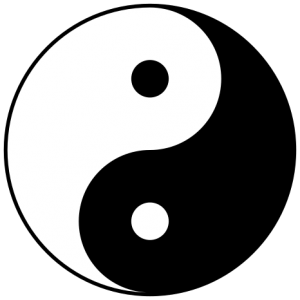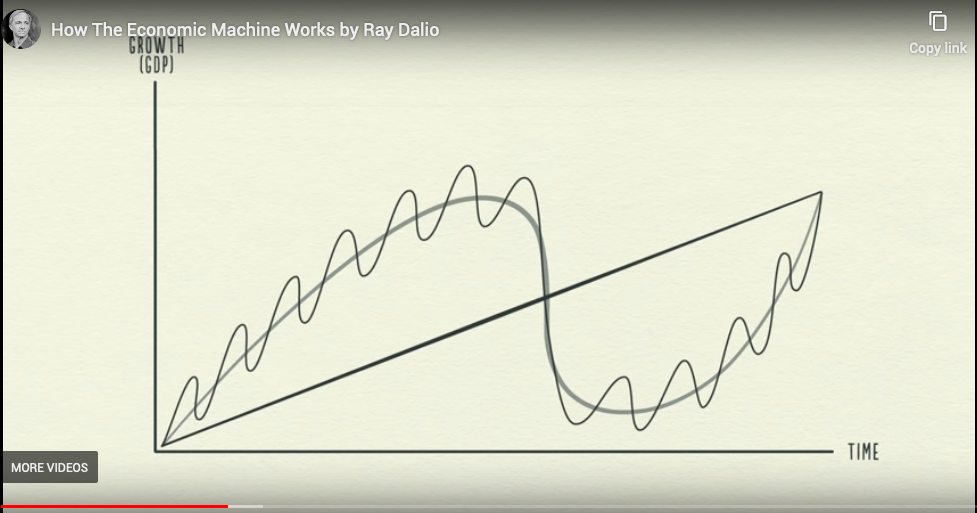I recently came across an old AMA by Sridhar Vembu, where he talks about his interests in economics, and how it helps him put things in perspective. In his words:
Economics is a highly contentious discipline. I will recommend what I personally am drawn to. This may not agree with the “mainstream” (for example Paul Krugman would disagree!):
To get started, I would go with this excellent and practical book (and also free!) – How the Economic Machine Works, by Ray Dalio.
I would get deeper into political and economic philosophy with The Road to Serfdom, which explains why liberty is important.
Then spend time browsing through https://mises.org – there are a lot of books there
Hayek & Dalio are some of my favorite thinkers in economics. I have written a post in past which was summary of one of the chapters from Road to Serfdom.
Why the worst get on top in politics and governance? Why don't intellectuals and more moral candidates succeed? Some thoughts here 👇 https://t.co/1U2nTRaekW — Pranay Prateek (@pranay01) April 5, 2020
Read Mises has been on my list for a long time, but I have not managed to go through the whole text. Here are few of my notes from reading Ludwig von Mises' magnum opus Human Action
“The ultimate goal of human action is always the satisfaction of the acting man's desire”
Human actions are the key to all decisions. Humans take actions to exit from a state of uneasiness, i.e. go from a state of less pleasant state to more pleasant state. How this "happier" state is defined is completely up to them. It could be earning materialistic wealth like money, property, etc. It could be helping other or it could be contributing to see some ideas be brought to fruition.
“For to do nothing and to be idle are also action, they too determine the course of events.”
Austrian Economics puts individual interests at the centre when thinking about economic questions. The insights they come up with with just this minor change is very impressive.

 How the Economic Machine works by Ray Dalio
How the Economic Machine works by Ray Dalio